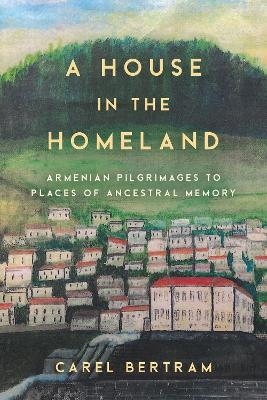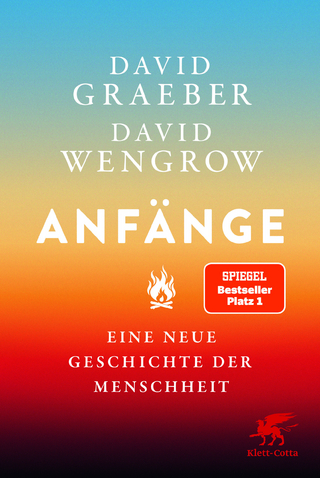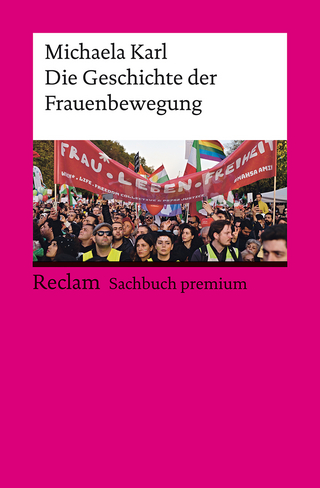
A House in the Homeland
Stanford University Press (Verlag)
978-1-5036-3164-9 (ISBN)
Survivors of the Armenian Genocide of 1915 took refuge across the globe. Traumatized by unspeakable brutalities, the idea of returning to their homeland was unthinkable. But decades later, some children and grandchildren felt compelled to travel back, having heard stories of family wholeness in beloved homes and of cherished ancestral towns and villages once in Ottoman Armenia, today in the Republic of Turkey. Hoping to satisfy spiritual yearnings, this new generation called themselves pilgrims—and their journeys, pilgrimages.
Carel Bertram joined scores of these pilgrims on over a dozen pilgrimages, and amassed accounts from hundreds more who made these journeys. In telling their stories, A House in the Homeland documents how pilgrims encountered the ancestral house, village, or town as both real and metaphorical centerpieces of family history. Bertram recounts the moving, restorative connections pilgrims made, and illuminates how the ancestral house, as a spiritual place, offers an opening to a wellspring of humanity in sites that might otherwise be defined solely by tragic loss.
As an exploration of the powerful links between memory and place, house and homeland, rupture and continuity, these Armenian stories reflect the resilience of diaspora in the face of the savage reaches of trauma, separation, and exile in ways that each of us, whatever our history, can recognize.
Carel Bertram is Professor Emerita, Department of Humanities, Faculty in Middle East and Islamic Studies, at San Francisco State University. She is the author of Imagining the Turkish House: Collective Visions of Home (2008).
Introduction: Where Memory Takes Place
1. The Family Mansion
2. An Erased Village and an Inhabited House
3. The House and Its Sacred Geography
4. Music as Sacred Memory and the Intrusion of the Profane
5. The House-Place and Memory-Stories
6. The Emergence of Rituals
7. Relics: Engaging the Spirits
8. Communion: A Unification of Souls
9. Sacred and Profane: A Poetic Encounter
10. Votives: For Reaching Home
11. Votives: For the Restoration of Something Lost
12. Ex-Votos: Gratitude
13. Shrines: Making Visible the Invisible
14. Blessings: At My Father's House
15. Homeland Music Performs the Village
16. Village Music Performs the Homeland
17. The Bus: Traveling Through a Trauma-scape
18. The Bus: Traveling as Wholeness
19. What Remains: "The Last Armenian"
20. What Remains: Armenians "Everywhere"
21. What Remains: A Homeland of Mirrors
Conclusion: Conclusion: Ethnography as Methodology; Poetry as an Analytical Framework
| Erscheinungsdatum | 31.03.2022 |
|---|---|
| Reihe/Serie | Worlding the Middle East |
| Zusatzinfo | 35 halftones, 1 map |
| Verlagsort | Palo Alto |
| Sprache | englisch |
| Maße | 152 x 229 mm |
| Themenwelt | Sachbuch/Ratgeber ► Geschichte / Politik ► Allgemeines / Lexika |
| Geisteswissenschaften ► Geschichte ► Regional- / Ländergeschichte | |
| Sozialwissenschaften ► Politik / Verwaltung | |
| ISBN-10 | 1-5036-3164-8 / 1503631648 |
| ISBN-13 | 978-1-5036-3164-9 / 9781503631649 |
| Zustand | Neuware |
| Haben Sie eine Frage zum Produkt? |
aus dem Bereich


